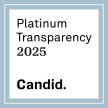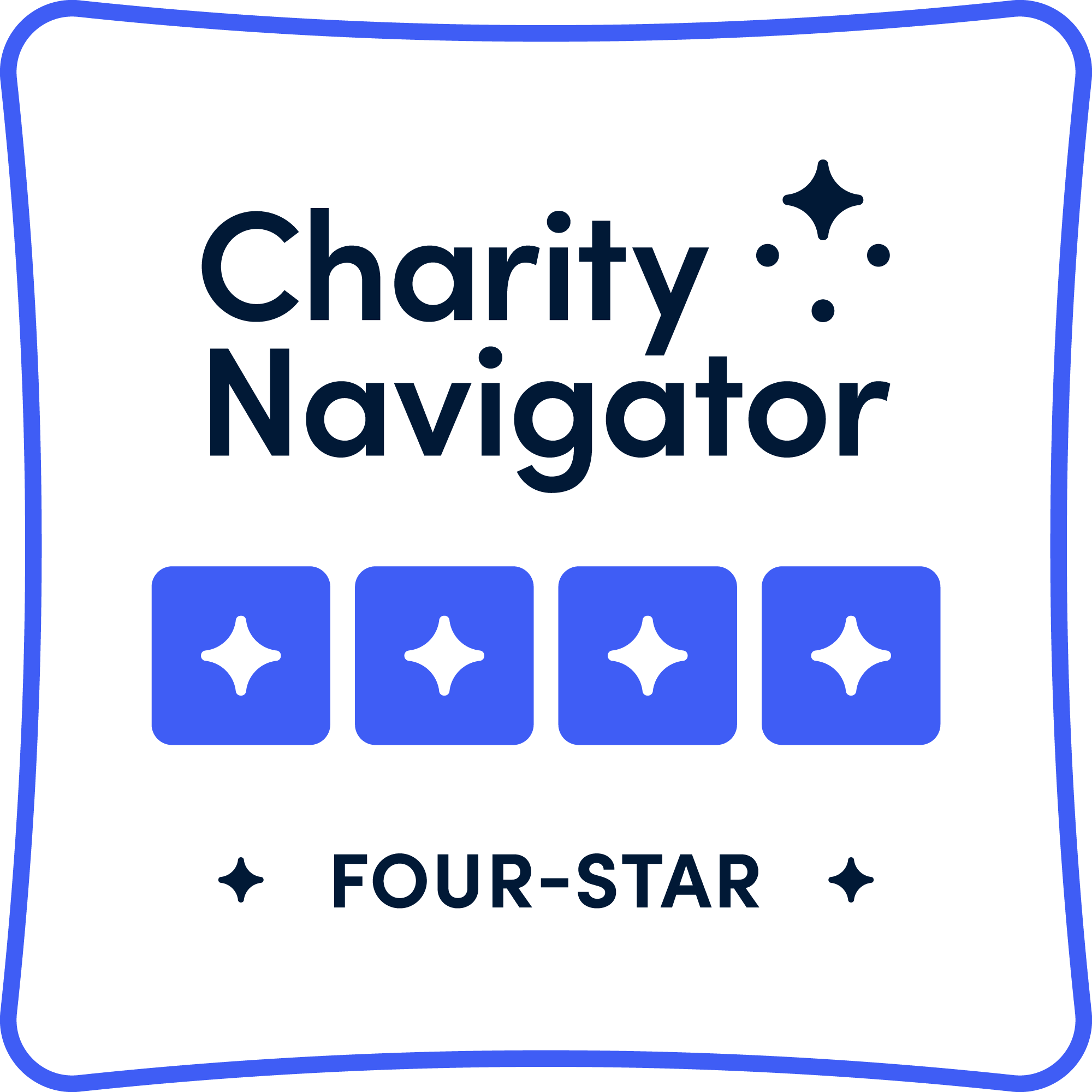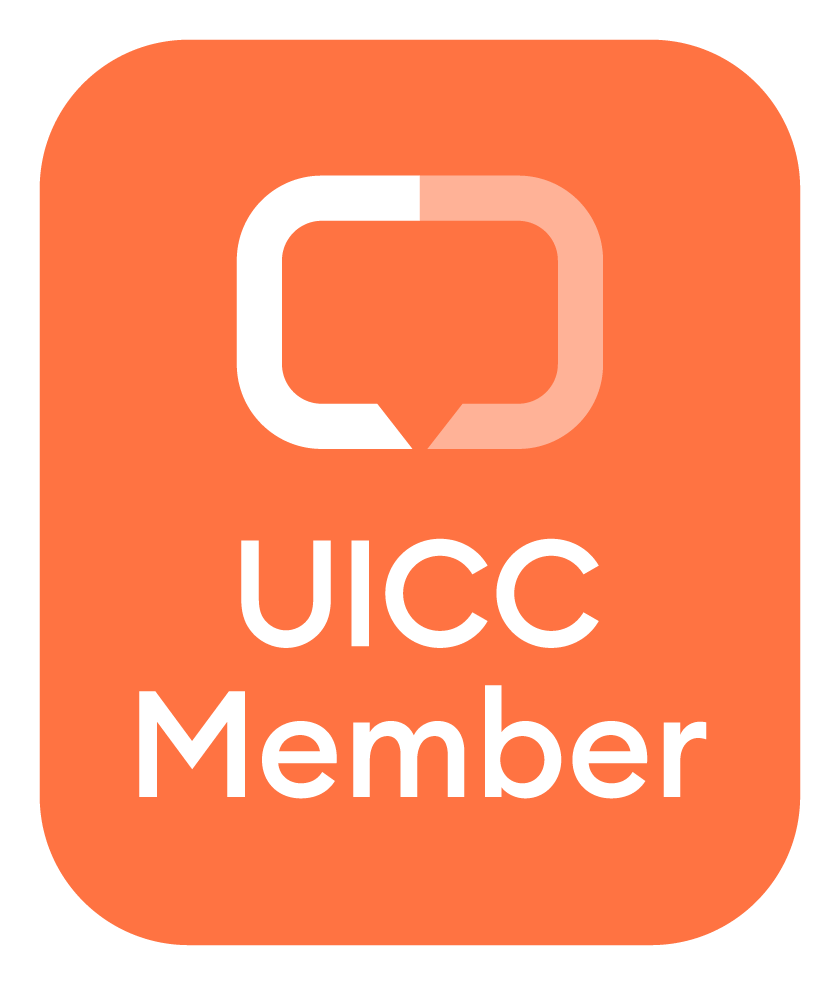7 Facts You Need to Know About Lung Cancer
With lung cancer continuing to affect the lives of so many people, it’s important to understand the disease and what we can do to improve our chances of beating it.

Background:
- In the United States, an estimated 222,500 people will be diagnosed with lung cancer this year.
- Lung cancer is the second most common cancer in both men and women.
- More people die of lung cancer than of colon, breast, and prostate cancers combined, as it claims nearly 160,000 lives every year.
Here’s a list of seven facts you need to know about lung cancer. (And make sure you read about related work by NFCR-funded scientists Dr. Daniel Haber and Dr. Alice Shaw)
1. Targeted therapies are showing great promise in treating lung cancer.
If you’ve been diagnosed with lung cancer, talk to your doctor about comprehensive genomic tumor testing. It is best to have this discussion before the initial biopsy, but it is never too late to discuss this with your doctor.
2. CT screenings can save lives.
Get screened using a low-dose CT scan- it’s the only proven effective way to screen for lung cancer. X-rays do not detect lung cancer at it’s earliest of stages.
3. Smoking is the #1 risk factor….
Cigarette smoking is the #1 risk factor for lung cancer. Smoking cigars, pipes and hooka also increases your risk. If you are a current or former smoker, your risk of developing lung may be up to 25 times higher than someone who never smoked. Quitting reduces your risk, even if you’ve smoked for years.
In addition to causing cancer, smoking damages nearly every organ and organ system in your body. Consider taking part in the Great American Smokeout on Thursday, November 16, 2017. Talk to your doctor about strategies or stop-smoking aids that can help you quit.
4. …But, be aware, nonsmokers can get lung cancer too.
Roughly 10 to 15 percent of lung cancer cases occur in non-smokers. Risk factors include: exposure to radon gas, secondhand smoke, carcinogens like asbestos or diesel exhaust, air pollution and even gene mutations.
5. There are identifiable warning signs that can lead to early diagnosis.
Only 16% of people with lung cancer will be diagnosed when at the earliest stage, when the disease is most treatable. If you are experiencing a chronic cough, coughing up blood, hoarseness, wheezing, frequent shortness of breath, chest pain, bone pain, or unexplained weight loss, talk to your doctor right away.
Also talk to your doctor if you have a family history of lung cancer – especially a parent or sibling.
6. There are different types of lung cancer.
Non-Small Cell Lung Cancer (NSCLC) is the most common type of lung cancer, making up 80-85% of all cases. Adenocarcinoma, squamous cell carcinoma, large cell carcinoma and large cell neuroendocrine tumors are considered to be part of this group.
Small Cell Lung Cancer (SCLC) makes up 15-20% of all lung cancer cases. This is a fast-growing cancer that spreads rapidly to other parts of the body.
Mesothelioma is a cancer of the lining of organs and can originate in the lungs or the abdomen, heart, and chest. It is associated with exposure to asbestos.
Carcinoid tumors are a type of neuroendocrine tumor that can originate in the lungs or small intestine.
7. Cutting-Edge research helps us attack lung cancer head on.
NFCR-funded scientists are working around-the-clock on projects that can help us attack lung cancer. For example, in July, the FDA approved the drug Iressa® as front-line treatment for patients with non-small cell lung cancer (NSCLC). The approval is extended to only those patients whose tumors contain specific mutations, which were originally identified by NFCR scientist Dr. Daniel Haber.
Also, thanks to NFCR-funded research by Dr. Alice Shaw, a new and better way to treat resistant cancers is emerging. By successfully identifying drug combinations that halted the growth of resistant cells in tumor models, her research will hopefully lead to the development of effective therapeutic strategies for patients with ALK-positive NSCLC (mutations in the ALK gene), which could be clinically tested within one to two years.
Read about NFCR supporters that help fund Dr. Shaw’s research projects.
Supporters’ Story
The Hillsberg Lung Cancer Translational Research Grant
Each year, about 8,000 patients in the United States and 40,000 worldwide are diagnosed with ALK-positive non-small cell lung cancer (NSCLC). And while patients typically respond well initially to targeted ALK-inhibitor therapy, unfortunately, almost all patients eventually develop resistance to these drugs and their disease progresses.
The lack of clinical development to address this issue caught the attention of two NFCR donors, Sanford and Penny Hillsberg, who are long-time supporters of cancer research. They were determined to take action to solve this particular drug resistance problem. They turned to NFCR and established a donor-initiated research fund in 2013 to support promising research in this critical field. Their biggest hope is that their partnership with NFCR will help accelerate the clinical development of new and effective treatments for those who have already run out of options for their resistant lung cancer.
“We are so happy to be part of this important research effort,” said Mr. Hillsberg. “We have worked with NFCR for years, and we know their excellent track record of supporting high-quality science. That’s why we were excited to participate in their donor-initiated research model, which matched our interest in translational lung cancer research with some of the best scientists in the world. We know these efforts will benefit patients fighting cancer, and we are fully committed to continuing our support of the excellent translational lung cancer projects at NFCR.”
If you, too, are interested in establishing a donor-initiated research fund at NFCR, call us at 1-800-321-CURE (2873).
Support cancer research >>> Your funding can help us sustain our efforts to find a cure for lung cancer and all cancers.
Sign-up to Stay Informed About Cancer Research Breakthroughs with NFCR!
Sources:
https://www.dana-farber.org/newsroom/news-releases/2012/five-things-to-know-about-lung-cancer/
http://www.lungcancerfoundation.org/about-us/lung-cancer-facts/
https://lungcanceralliance.org/risk-early-detection/about-screenings/
This blog was originally published on November 17, 2016













